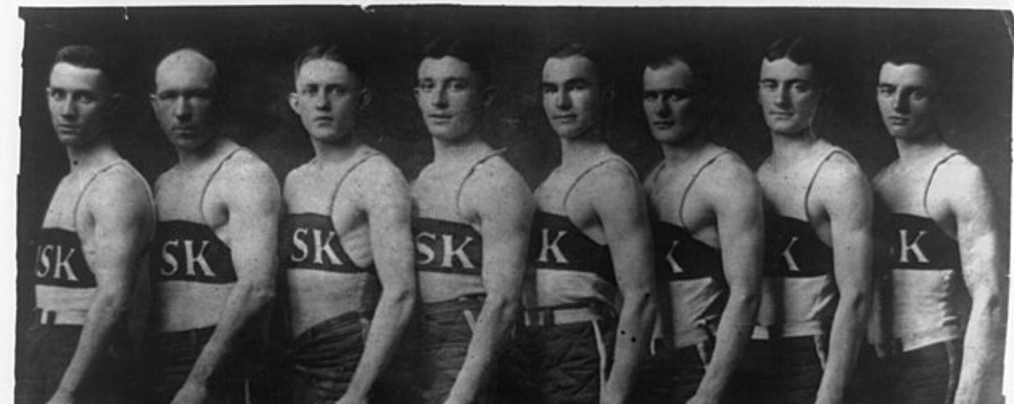Haines' journey to St. Louis was unconventional. After years toiling in the minors, he finally got his shot in 1918, only to struggle initially. However, he honed a knuckleball, a pitch known for its unpredictable movement, and in 1920, he became a fixture in the Cardinals' rotation. Despite a losing record that season, Haines' low earned run average hinted at the talent he possessed.
Haines blossomed in the 1920s, becoming a workhorse for the Cardinals. He led the National League in appearances one year and pitched over 300 innings another. His fiery on-field demeanor contrasted with his gentle personality off the field, creating a unique aura around the pitcher.
1924 saw Haines' defining moment – a no-hitter against the Boston Braves, a feat unmatched by a St. Louis pitcher at home for over half a century. He also played a pivotal role in the Cardinals' World Series victories, winning two games in the 1926 championship run.
Haines' longevity was remarkable. He remained a force even in his late 30s, reaching the 20-win mark three times. Though his fastball waned, his ever-evolving knuckleball kept him competitive. He retired in 1937 at the age of 44, the oldest active player in the majors at the time.
Born July 22, 1893, in Clayton, Ohio, was Baseball Hall Of Fame Pitcher Jesse Haines. A World Series Champion in 1926, 31, and 34.
Jesse pitched no-hitter 1924 as a member of the St. Louis Cardinals. Earlier in his career he had a brief stint with the Cincinnati Reds and a few more years in the minor leagues before becoming a Cardinal. Retiring in 1937 with a 210–158 win–loss record, Haines was a coach with the Brooklyn Dodgers in 1938.





